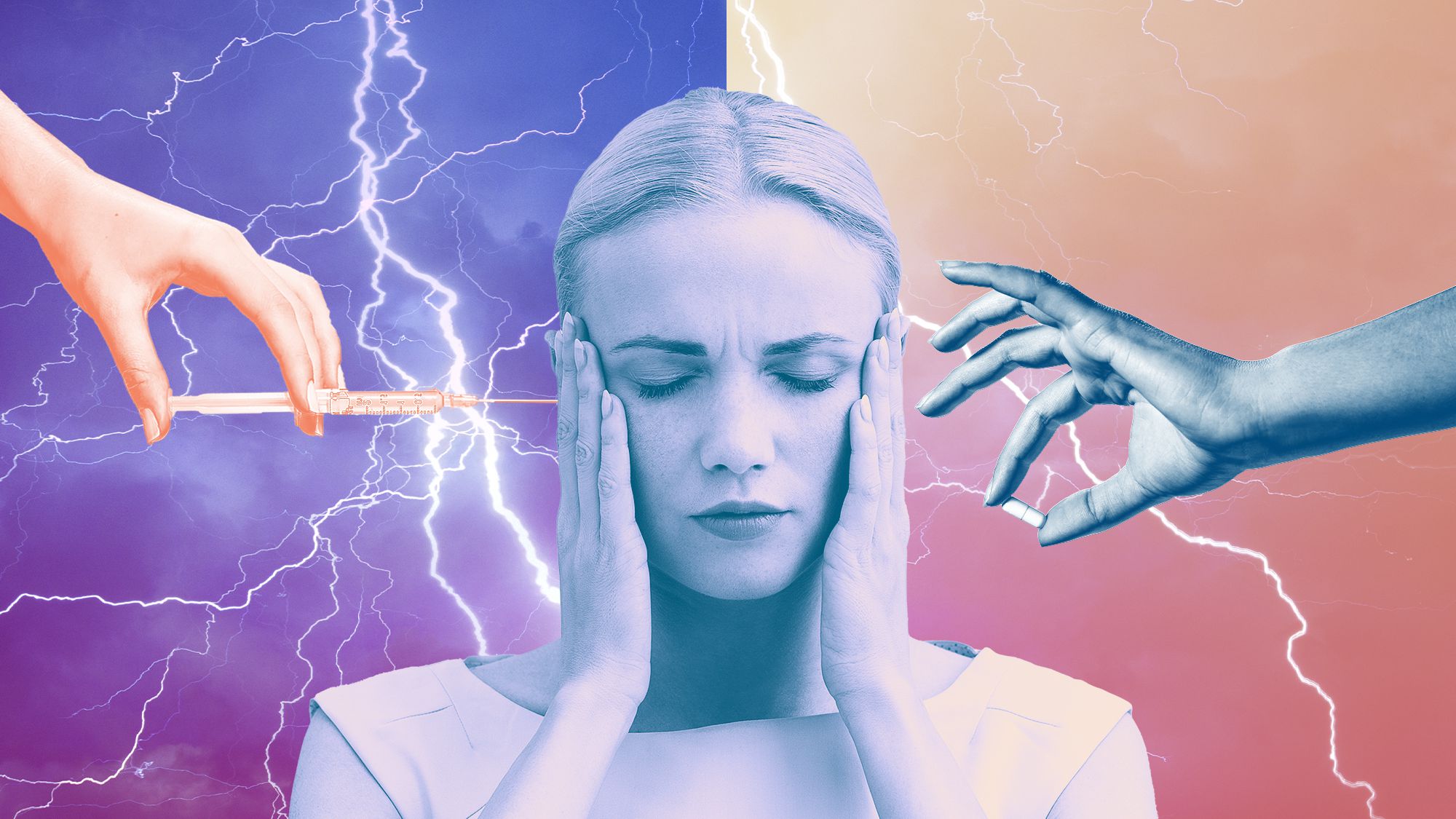As a continuous effort towards driving disease awareness, Allergan an AbbVie company recently shed light on the need for early diagnosis and specialised care for Chronic Migraine. Headache disorders are among the top ten causes of disability and one of the most frequent medical complaints: almost everybody has experienced it, at least 10% of adults everywhere are sometimes disabled by it, and up to 3% live with it on more days than not.

Infact, in 2019, headache disorders ranked 14th among global causes of disability-adjusted life years (DALY). Despite this, headaches are underrepresented and there is little recognition of their public-health impact
Most people who are prone to migraines get a painful attack once or twice a month. But there is a more severe condition known as chronic migraine, in which an individual gets headaches more often. Chronic migraine lasts for 15 or more days in a month, for at least 3 months, and at least 8 days which qualifies as a Migraine headache day. It is the second most disabling
condition worldwide.
According to the International Classification of Headache Disorders, 3rd edition, headaches are classified into 14 categories with further sub classifications. It is therefore imperative to differentiate a Chronic Migraine from the rest. It usually begins with less frequent headache episodes that progress to a more frequent headache pattern. Several other risk factors have been implicated with migraine pain progressing into persistent pain.
Talking about the common causes of chronic migraine Dr Anil Venkitachalam, Consultant – Neurology and Movement Disorders, Nanavati Max Super Specialty Hospital said “Chronic migraine develops over time, and is a result of factors such as obesity, excessive consumption of caffeine, irregular sleeping patterns, stress and genetic disposition amongst others etc.”
He also emphasised on migraine affecting more women than men, “Women are three times more affected by chronic migraine than men. Typically, women are worst hit in their thirties, when the consequences of days lost to the debilitating pain can be tremendous. This is due to the fluctuation of a hormone called estrogen, which in women, contributes to the development of chronic migraines. While in childhood, the migraine is more prevalent in boys, however with the influence of estrogen, the prevalence in women rises.”
Interestingly, headache disorders, rank tenth for women, one level lower than gynaecological diseases, among global causes of disability-adjusted life years (DALY) and first for young women.
.
Highlighting the need of timely treatment Dr Rishi Jain, Medical Director, AbbVie said “Chronic migraine is an under-recognized and an under-treated condition. A timely diagnosis and appropriate supervision can significantly improve quality of life of a patient. Allergan, an Abbvie company is dedicated to promoting science so that healthcare providers can better care for those suffering from migraines. We aspire to help persons with migraine navigate barriers to care, get appropriate medicines, and reclaim their lives through education and relationships with the migraine community.”
Chronic migraine treatment starts with managing lifestyle changes such as adopting an exercise plan, managing stress, staying hydrated along with identifying headache triggers. It is important to keep a headache diary which is useful in recording details of your migraine attacks or headache, such as possible triggers, duration, severity. This diary can prove helpful during a
diagnosis.
Chronic migraine has a significant impact on the life of patients. It affects a person physically, mentally, and socially, as it is challenging to manage or predict an attack. Pain in migraine can be debilitating and is comparable to an acute physical injury and is among the most common causes of lost work time, and lowered quality of life. It is found that more than 90% of sufferers
are unable to work or function normally during the attack which can last anywhere from four hours to three days.
Hence, it is recommended that patients who frequently self-medicate with analgesics and painkillers to treat headache episodes, must contact a specialised neurologist early to avoid headache chronification and medication overuse headache disorders.


